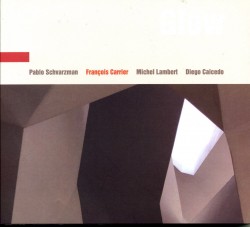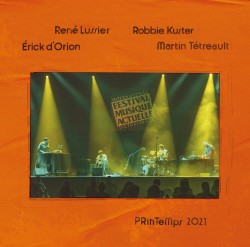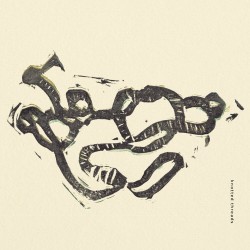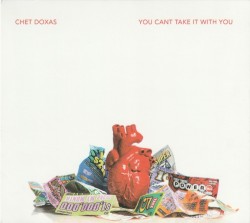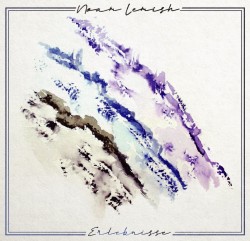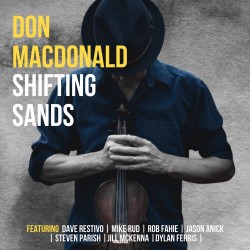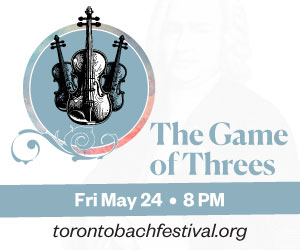Genius Loci North - Jeannette Lambert; Reg Schwager; Michel Lambert
 Genius Loci North
Genius Loci North
Jeannette Lambert; Reg Schwager; Michel Lambert
Independent (jeannettelambert.bandcamp.com)
I enjoy reviewing more abstract music, as I rarely run out of things to discuss. This applies to subtler and more ambient projects, as well as more boisterous spontaneous improvisations. This is why I was excited to have Montreal vocalist Jeannette Lambert’s Genius Loci North grace my desk. Lambert, her brother Reg Schwager on guitar, and husband Michel Lambert on percussion, all have a knack for playing improvised music that is both creative and mature. There is a genuineness to their interactions as a group that allows the smoother moments to sound fresh and the more angular offerings to remain inobtrusive.
While the recording is made up of 15 individual tracks, they flow naturally into one another and give the entirety of the album an undulating feel. This leaves an untrained listener with a lengthy but interesting meditation, while maintaining enough ebbs and flows to keep even the most expert set of ears enthralled.
Lambert’s vocals sound simple and pure enough to emphasize the poetry she has written, but the way she shapes her pitch over Schwager’s chordal textures is virtuosic as well. The same can be said of Michel Lambert’s percussion, which seamlessly traverses grooves and out-of-time textures. To know that most of these tracks were recorded in one take, moments after the words had been written, is another testament to the creative ability of these players. While far from being “straight ahead,” Genius Loci North offers something interesting for all listeners.


